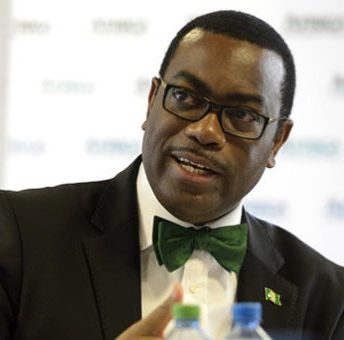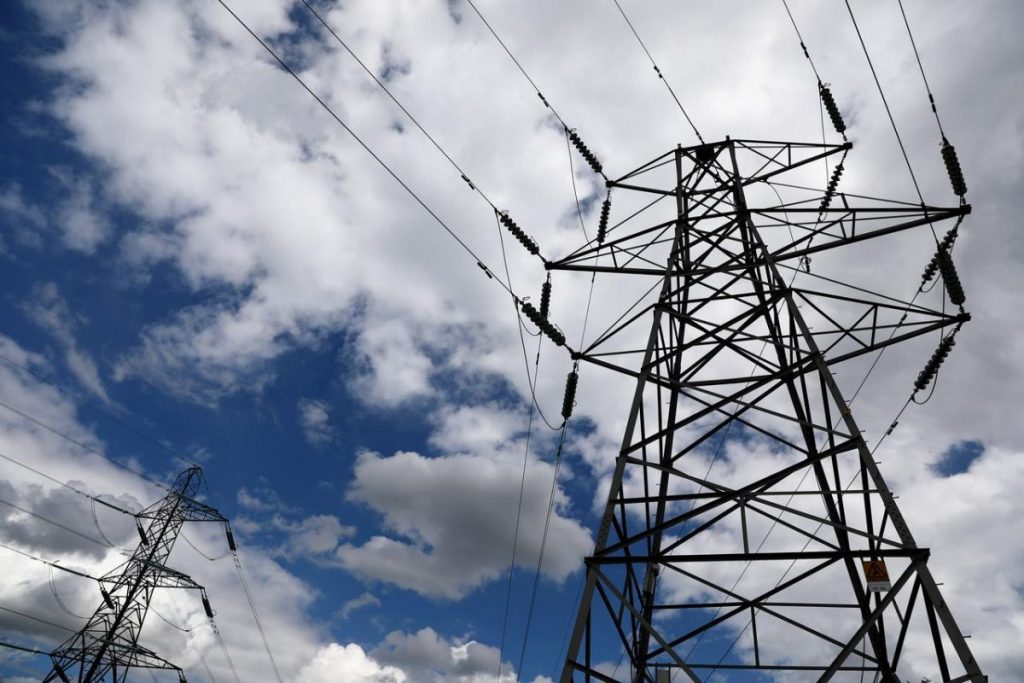24 January 2014, Sweetcrude, Abuja – It is no longer a surprise that the Federal government came out to forcefully deny it ever promised to provide ‘constant electricity’ to Nigerians by the middle of the year. What is shocking to many Nigerians, especially keen observers of the official rigmarole in what is otherwise touted as the most important sector of the nation’s economy, is the vehemence of the Federal government’s denial that it promised “constant electricity” to Nigerians.
Indeed, after several years of talking about improved power supply, and billions of dollars spent with little to show for it, the government does not seem confident to tell the millions of Nigerians who have been deprived of adequate electricity that their dreams of constant electricity supply would ever emerge in this generation.
While some may see the government’s dial-back as rooted in honest assessment of the reality of power generation, distribution and transmission in the country, what is baffling was that the Federal Government may have soft-pedaled on its directive to managers of the recently privatized power firms to ensure that there is visible improvement in electricity supply across the country by June this year.
The Minister of Power, Prof. Chinedu Nebo, said a lot more work needed to be done to meet the expectation of constant power supply. He said he would rather give an assurance of improved power supply until the goal of constant electricity in the country was eventually achieved.
Earlier in the year, the Federal Government gave an ultimatum to the power investors and key operators in the sector to, as a matter of urgency, ensure that there was visible power supply in the country within six months. The directive, which came from the President, was disclosed by Nebo.
When our correspondent enquired if the latest announcement by the government was an admission of failure to achieve regular power supply, the Minister insisted that the six months nationwide power supply stability order issued by President Goodluck Jonathan a fortnight ago to managers of the country’s electricity system will not be changed for whatever reasons.
He further stressed that nothing would be left undone in meeting up with the president’s desire to ensure adequate electricity supply to all Nigerians. He added that the government has gone ahead to complement its efforts in improving on-grid power generation with the initiation of off-grid power supply sources within the “Operation Light Up Rural Nigeria” programme of the ministry.
While admitting that a lot more still needed be done to meet up with this expectation, the minister assured Nigerians of continued improved electricity supply until government’s aspirations for constant power eventually come to reality. He said government’s immediate goal was for those already getting 12 hours of electricity supply to move up to 14 hours, others with 14 to enjoy between 16 and 18, while major cities like Lagos and Abuja will get between 22 and 23 hours supply daily.
According to the minister, the target would be achieved within a few months time, noting that the ultimate goal was for Nigerians to get 24 hours of daily power supply. He, however, did not specify the target date for the visible improvement in supply of electricity, noted that the ultimate goal of this vision was for Nigerians to get 24 hours daily supply eventually.
Admitting that the goal of stable electricity in the country would take some time to achieve, the minister said it would be realised because of the foundation already laid by the government for increased generation and enhanced transmission and distribution.
Meanwhile, private sector investors in the power generation and distribution companies had disclosed to Sweetcrude that the President’s ultimatum was being threatened by the inefficiency of the Transmission Company of Nigeria, TCN, and inadequate supply of gas to the thermal power generation plants.
Recent polls on the state of electricity supply in the country have also called into question government’s position that majority of Nigerians in the cities get up to 12 hours of power in a day. The average daily power supply to homes and businesses in the country is about six hours, these polls claim.
Nebo said the ambitious project, Operation Light-Up Rural Nigeria, OLRN, was targeted at providing power to individuals in the rural areas, who were not connected to the national grid.
He said, “Mr. President gave us a marching order. He said he wants electricity to be taken to even places not connected to the national grid. Of course, before this administration, nobody was talking about that. You had to just wait until there was national grid before you had electricity. Now, the game has changed.”
While condemning activities of saboteurs, who he said had upped their ante in a bid to suppress the progress made in the industry so far, Nebo said: “For instance, it was unthinkable for any Nigerian, for whatever reason to go underground into the deep sea and blow up gas pipelines to stop gas flow to electricity generating plants, such as recently happened in the Escravos-Warri axis, where more than 20 holes blasted with dynamites were discovered in such pipelines buried under the sea.”
According to him, the level of expertise employed by the perpetrators, suggested the amount of work and the high-profile nature of their operation and wondered why Nigerians would decide to punish themselves and their families in that manner.
Nebo justified the initiation of the OLRN, which he said is currently being commissioned across the country at intervals, noting that the vision of President Jonathan does not stop at giving electricity to city dwellers, but to ensure that it got to all the nooks and crannies of the country where residents never dreamt of seeing electricity in decades.
“Mr. President gave us a marching order. He said he wants electricity to even be taken to places not connected to the national grid. Of course, before this administration nobody was talking about that. You had to just wait until there was national grid before you had electricity. Now, the game has changed,” Nebo said.
The Operation Light-up Rural Nigeria, according to Nebo, is 100 per cent solar-driven and provides energy hubs in the benefiting rural communities. “So, at the end of the day, you have a situation where even communities, which are not connected to the national grid, will get electricity. By so doing, medium and small scale enterprises will thrive.”




